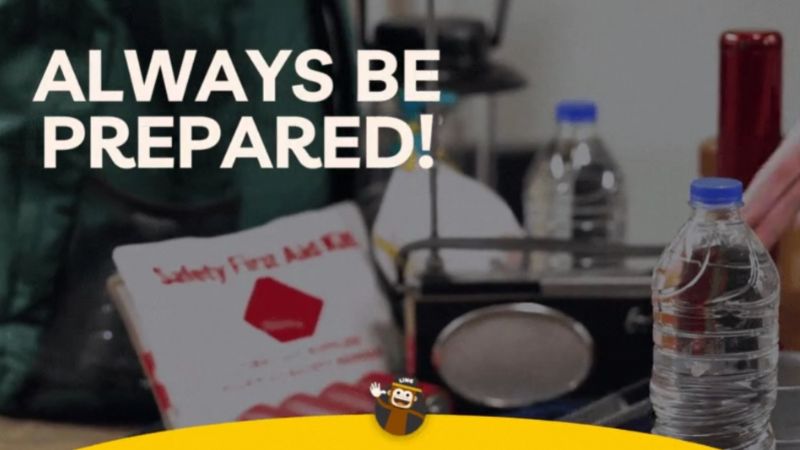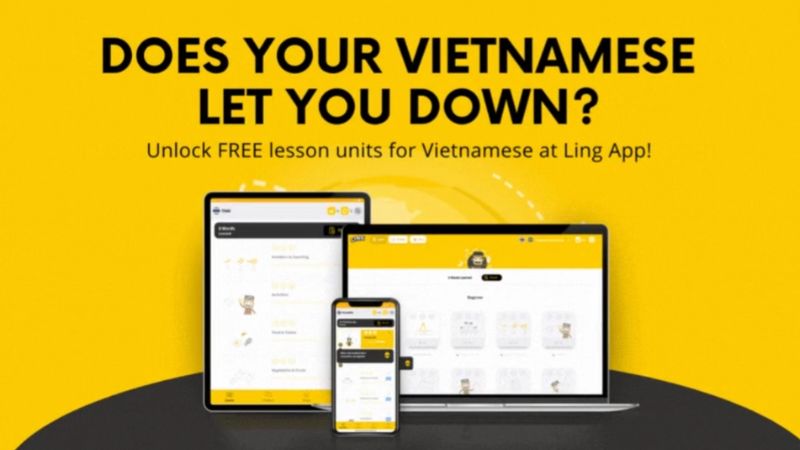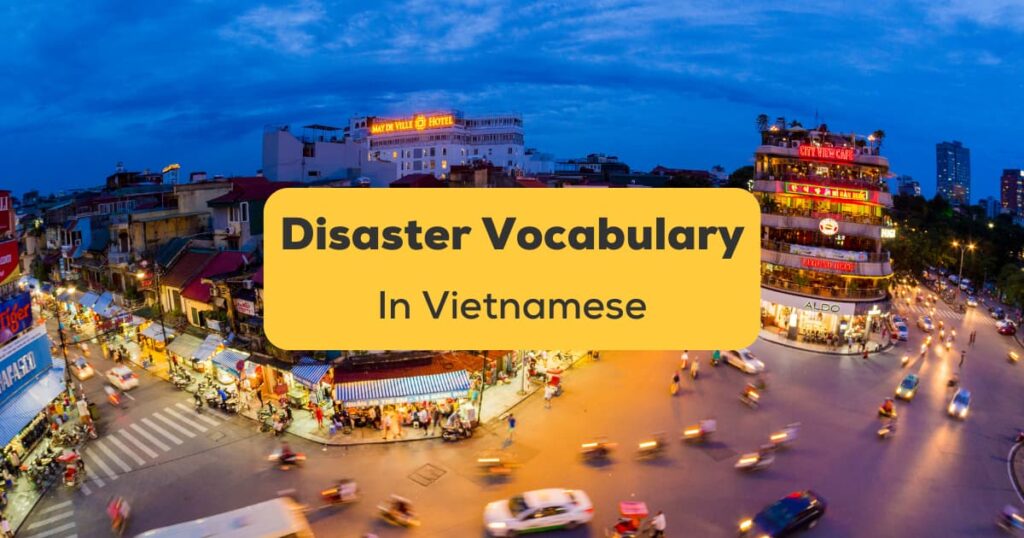Vietnam is one of Asia’s top travel destinations due to its range of spectacular landscapes and historical sites. But before you go on a trip, it is recommended that you learn the basic thảm họa or disaster vocabulary in Vietnamese first. Due to its geographical location, Vietnam is among the most hazard-prone countries in the whole Asia-Pacific. As a traveler, nothing is scarier than being stuck and feeling helpless in a place far from home. To save you from this horrific experience, we urge you to read our travel tips and list of translations in this post!
Whenever we think about going to a new place, we usually focus on the Instagram-worthy shots, exhilarating tourist activities, and our OOTDs. One common mistake that our fellow travel freaks commit is that they sometimes fail to prepare for emergencies related to natural disasters. We do not want you to make the same mistake, especially if you travel to Vietnam.
As you can see on the map, Vietnam is bordered by a huge body of water, so it is prone to hydrometeorological hazards. For this reason, the locals are always prepared for extreme events such as cyclones, tsunamis, severe storms, floods, and landslides. What’s worrying about this is that some of these disasters led to hundreds of deaths and caused millions of dollars of damage.
We are not saying these to scare you but to convince you that learning some of the words related to this topic can potentially save your life. If you are ready to learn more, then keep reading below!
Disaster Vocabulary In Vietnamese
Are you looking for the right word to describe a disaster in Vietnamese? Improve your skills in the Vietnamese language by taking note of the words we have below.
What To Do In Case Of A Natural Disaster In Vietnam

As much as we would like to keep our travel as hassle-free as possible, we have no way of knowing when a disaster will happen. If this is your first time traveling, we highly recommend following the basic rule of CDC: Be informed, plan, and make a kit.
Stay Informed
Before you travel, you must keep yourself updated with the weather conditions, alerts related to earthquakes and volcanic eruptions, and evacuation notices. The best way to do this is by thoroughly researching the common disasters and the months when they usually happen. In addition, you might want to consider installing applications that can serve as your early warning system while doubling as an information resource on what to do and who to contact.
If you do not want to use applications, you can also create Google alerts and set them up to give you a notification when keywords related to disasters are suddenly posted on the net. You can also rely on the forecasts you’ll find on Microsoft and Google since they all have features that will help you keep track of various hazard types, analytics, news, and approximation of disaster impacts in real time. If you want to cross-check weather information, you can also check the following websites:
- Ventusky
- Satellite Map
- AccuWeather
Have An Evacuation Plan
It is not enough that you have access to forecasts in Vietnam. As responsible tourists, we cannot emphasize the importance of having a clear plan in an emergency. With today’s uncertainties, some countries require their citizens to have travel insurance before boarding a plane, which you must not pass on. An insurance card can save you from your troubles and give you peace of mind knowing that you will be accommodated in hospitals in your country.
As you sign your insurance documents, be sure to designate representatives who can serve as primary contact for you and the insurance company. This representative must have photocopies of your documents and always be informed of your whereabouts while traveling. Also, be sure that the number of your representative works both locally and internationally.
Aside from an insurance card, we highly recommend that you keep a copy of the address of your country’s embassy. Whether it is a natural disaster, geopolitical risks, security, or something else, your embassy cannot turn you away and will help you get the best support you need.
Lastly, ensure you have the internet to quickly book accommodations or flights out of the country when needed. One of the best apps that you can use to get an aggregated list of available flights, car rentals, and hotels quickly is Skyscanner. This app provides excellent support and will make purchasing a ticket hassle-free.
Make A Kit
The scary thing about disasters is that you cannot really determine when they will happen and how strong or weak the condition will be. For this reason, we advise travelers always to wear waterproof money belts that are large enough to stash their passports, some money, and copies of essential documents. There are many affordable ones available online, and we recommend you look for one that you can wear inside your shirt (or at least very close to your body).
Over To You
And there we have it! As we reached this part of the post, we sincerely hope that you were able to get all the Vietnamese words and information you need to stay safe in case of an emergency related to natural disasters. Remember that traveling is fun, but it is always better if you come to the country prepared for any situation.
Aside from all that we have shared above, one way you can ensure that you’ll get the best-in-class help is by learning the Vietnamese language. This Asian language is fascinating, and we bet that you’ll have so much getting to know its features. If you want to learn more, then check out the section below!
Learn Vietnamese Today Through Ling!

The Ling App is a learning resource centered around foreign languages. Once you sign up for a FREE account, you’ll get to unlock courses that will prepare you for meaningful interaction with native speakers. Unlike plain old flashcards or textbooks with translations, learning with Ling is exciting since it has a gamified approach guaranteed to help you go from “beginner” to “proficient” in no time!
From the inside, the lesson units have in-depth discussions on how certain words and expressions can be used in real life. To help you string the Vietnamese words together, you can check out the grammar units to ensure that your sentences get the real meaning across. So, what are you waiting for? Download the Ling App today on the Play Store or App Store and start learning Vietnamese!



































































